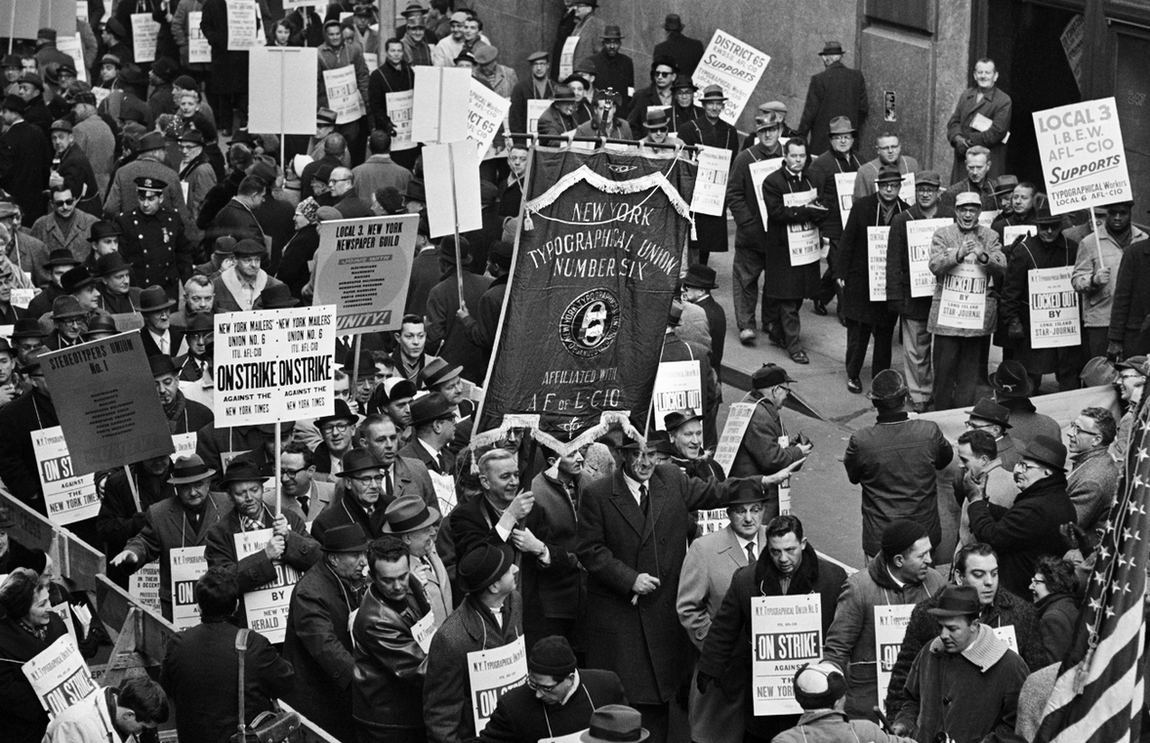Late in the afternoon on a muggy Miami day in the middle of May, with two hours of waiting accumulating in a sweat beneath my shirt, a black Cadillac sedan pulled up on the narrow side street and a voice from within beckoned, “Get in.” We drove off—but not before the man with the voice accompanying the driver wrapped a bandana blindfold around my eyes.
Twenty minutes later, as we pulled into a vacant lot, he told me, “You can take the blindfold off and get out of the car. ”As the sun left a sliver of late afternoon behind, the driver, bodyguard, and I entered an abandoned warehouse. In the middle of an open space, bereft of any furniture, a diminutive man sporting a short, precise moustache above a shirt of exaggerated colors and floral design slowly rose from a folding chair and motioned for us to step forward and join him. We each took a seat as I placed my tape recorder on top of a wooden crate separating us and introduced myself as a reporter for the Orlando Sentinel.

“Do you know who I am?” asked the man we were meeting. “I was told that you can give me some background on anti-Castro activity in Florida. Especially in Miami and Orlando,” I replied. “I can certainly do that,” he said. “I can also tell you who was behind the assassination of Letelier,” he added, referring to the September 1976 fatal car bombing of Chilean diplomat Marcos Orlando Letelier as he rounded Sheridan Circle on Embassy Row in Washington, DC. The assassination carried the scrutiny of every intelligence agency in the US, but no leads had been turned up—yet.
I pressed the record button on the tape recorder. “OK, please go ahead,” I said, hoping that my uneasiness was not detected. “Can you begin with the assassination and who organized it?” After ten seconds, the weight of a pregnant pause still in the air, he looked at me straightaway and said, “I did.”
Expect the unexpected.
When I started out in the newspaper business, editors must have recited that adage dozens of times. Surprises can be as delightful as actress Mitzi Gaynor, the star of South Pacific, stopping in the middle of a song as she sees you and yelps out your name during a sellout performance in Memphis, or as unsettling as Beatle Paul McCartney threatening to punch you in the face on a Staten Island ferry ramp. With some surprises, you narrowly escape death as a nearby cargo ship explodes, or you are touched deeply by the reaction of Rudy Jones conveying the reaction of an ill father to your profile of Mikhail Baryshnikov, “I want you to know that you made a tired, sick, old man very happy and his dying a little easier."
Pieces of history abound here, including the exploits of a man who flew into battle aboard what can be best regarded as a rickety crate to emerge as the main soul behind the most important plane in history. It is sociology, in its attempt to unravel the dizzying array of emerging factors—technological, cultural, and economic—that could bring to its knees a publication like the New York Daily Mirror that produced almost a million copies a day.
And it’s about individuals who at every turn were thwarted by powerful forces—governments, big corporations, and tradition—yet persisted. Some revealed their so-
called true character when the public spotlight was not on them. Others forged ahead and moved beyond danger, pathos, and even death because it was in their character to do so....Here, ordinary citizens became Don Quixotes battling more than windmills as they confronted a powerful force bent on wreaking carnage on their families, and a young freshman congressman named Al Gore Jr. emerges as their leader.
While newspapers today are reviled, there was a time when they were revered. In 1962, the largest city in the US was virtually shut down for months with their absence. This is the story of the industry they represent, but more so, it is representative or reflective of those like me who labored in it and what that industry left behind...It is a bygone age, this newspapering, and difficult to believe that this medium was the most powerful in the country only a few short years ago.
"We’re a newspaper. A dying breed … Hell, we’re already dead … But we keep coming to work. You know why? Because it’s in our blood." —H. L. Sudler, Night as We Know It
So why did we embark on this crazy career of newspapering and continue to do so as the signs of foundering grew deeper? Why persist in a career in which you are criticized, cursed, ostracized, screamed at, cajoled, and condemned for conveying just the facts? And that’s from your editor! As Cassius once said to Brutus, “The fault is not in our stars but in ourselves.”
I suspect that many did it for the same reasons I did. Out of love—for adventure, for writing, for tapping the best in humans, and for exposing the worst as best we knew how. I did it believing in the underdog. I did it to shine a light, however small, on hope emerging from the darkness of misunderstanding, prejudice, intimidation, and misrepresentation....If you asked those journalists who, like me, plied their craft during this period, from the late 1950s to the early 1990s, I believe they would answer with some variation of the above....
My experience was not unlike the experiences of hundreds of other frontline newspaper reporters and print journalists, who while they might not have achieved the stature of a Woodward or Bernstein, still labored to use the moral strength required to confirm the reality of events unfolding around them as best they could. They were among hundreds, if not thousands, who made this last age of journalism, exemplified by the prominence of newspapers, one of the last bastions of truth and a true golden age.
